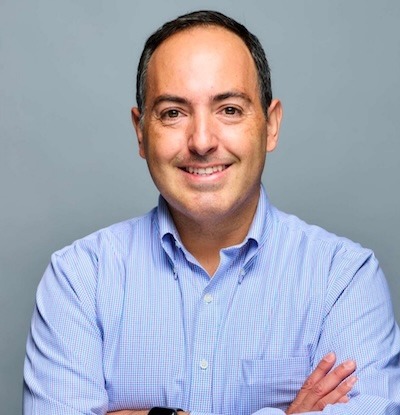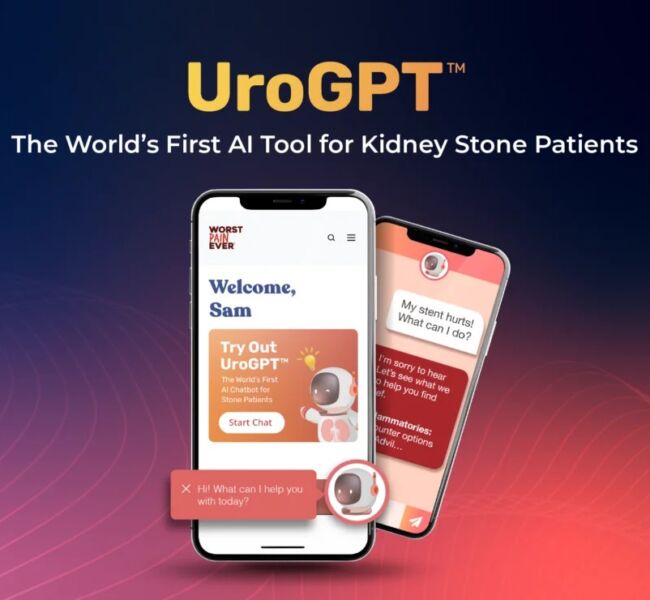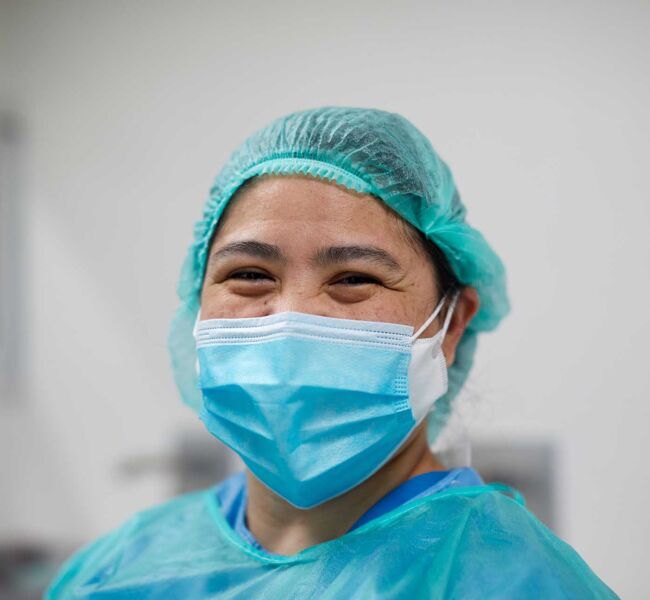
An interview with Altair Da Silva, Senior VP of Clinical Trial Patient Recruitment at Spectrum Science, our US partners.
When planning clinical trials, it may be tempting to leave everything up to the Contract Research Organization (CRO), but in today’s extremely competitive recruitment landscape, sponsors must think outside of the traditional recruitment parameters to prevent delays and hiccups to their studies.
Altair Silva is Senior Vice President of Clinical Trial Patient Recruitment at Spectrum Science, our US partners in the GHMC network. We spoke with him to understand the strategies that healthcare companies can use to enhance recruitment while steering clear of common pitfalls, and to learn about the benefits of bringing Clinical Trial Recruitment (CTR) specialists on board early in the study. These specialists complement the CRO’s operational strengths with sharp communication and marketing strategies, which Altair argues is crucial for engaging patients effectively. Keep reading for more of his insights.
Should companies rely wholly on their CRO to recruit and retain patients? What should sponsors bear in mind as they plan their trials?
While CROs play a crucial role in recruitment and retention of patients for clinical trials, relying on them solely may not be the most effective strategy. Sponsors should consider engaging Clinical Trial Recruitment (CTR) specialists early in the trial planning process to leverage their expertise in targeted communication and marketing strategies, which are essential for effective patient engagement.
Why might it be prudent to think outside of traditional recruitment channels and tap in to new technology to find suitable patients? How can a CTR specialist help a sponsor with this?
Enrollment is a universal challenge, with most studies failing due to inadequate participant recruitment. The industry’s dedication to tackling this issue is reflected by sustained growth in spending on recruitment activities. Some estimates show that the recruitment market will surpass $5 billion by 2030.1-3 Despite this surge in investment, enrolment rates race in the opposite direction, declining year over year.
A recent study published by WCG revealed a consistent decline in enrolment rates from 2018 through the third quarter of 2022, excluding a temporary spike during the height of the COVID-19 pandemic.4 This trajectory emphasizes the critical need for a re-evaluation of recruitment strategies.
Traditional recruitment channels can be described in two primary ways. The first involves relying solely on clinical trial sites and their access to patient databases for enrolment. The second method involves a templatized and generalized approach to trial advertising campaigns.
Both methods can fall short due to their limited reach and lack of personalization. New technology and digital platforms offer innovative ways to identify and engage potential participants, allowing for more targeted and efficient recruitment strategies that can address declining enrolment rates.
At what stage in a study should a patient recruitment specialist be engaged? What benefits do they bring to the table?
Patient recruitment experts bring a unique set of skills to the table for sponsor companies. They combine expertise in communication and engagement with knowledge on the complexities of clinical trials, of which there are many! It’s also important to craft the right study identity, messaging, and creative that aligns with the target population’s needs. Patient recruitment experts are best placed to do this.
Expert involvement at the start-up phase also help sponsors to create a meaningful connection with each patient population, one that reflects their unique experience — physical, emotional and information seeking.
How would a CTR specialist work with a sponsor to integrate recruitment strategies or considerations into the initial trial design?
A person who feels completely understood can become a fully engaged participant. Sponsors must understand the participant and caregiver experience to successfully recruit a study. This experience varies considerably depending on the disease state, treatment options currently available and even the clinical trial stage.
At Spectrum, our patient recruitment activities can take many forms but are fundamentally rooted in engaging our audiences to collect insights, and then inform, test and roll out resources and tools that touch the true essence of a patient’s – and caregiver’s – life. To unearth these insights, we use some of the following research methodologies:
- In-depth interviews with potential trial participants, caregivers and healthcare professionals (HCPs)
- Potential participant and HCP surveys
- Advisory boards and focus groups
- Target population data research and analysis
With this research, we can uncover potential participants’ needs, hopes and challenges, and then create bespoke plans that cater to each stakeholder. Incorporating participant insights into trial design, recruitment strategies, retention solutions and overall trial management can help streamline investigative sites and sponsors’ efforts.
What makes CTR specialists well equipped to engage diverse populations?
Successful patient recruitment experts tailor messaging to be clear, concise, and culturally sensitive. They adapt communication styles to address language barriers, health literacy concerns, and other factors that may impact understanding and motivations.
This enables them to develop strategies that resonate with different cultural and ethnic groups. A combination of cultural competence, effective communication, and a focus on addressing barriers makes patient recruitment experts well-equipped to engage diverse populations for clinical trials.
Thinking about the very end product of a trial being a new and effective therapy that meets an unmet need – why is patient diversity so important in trial recruitment?
A diverse patient population reflects the real-world diversity of individuals who will ultimately benefit from the therapy, this is important because we know that different patient groups may exhibit variations in how they respond to a therapy.
By including a diverse range of participants in clinical trials, researchers can identify potential differences in efficacy, safety, and tolerability across subpopulations. This information is crucial for tailoring treatment recommendations.
Ultimately, clinical trials that include a diverse participant pool contribute to addressing health disparities. Ensuring representation from various demographic backgrounds helps identify and mitigate disparities in access and overall benefits from new therapies, ultimately promoting healthcare equity.
What can be said about the benefits of early and consistent engagement with patients and communities on a trial’s success?
Early and consistent engagement with patients and communities is a strategic imperative for successful clinical trial enrolment. This investment by sponsors offers a lot of benefits that contribute to the overall effectiveness of the enrolment and the eventual commercialization of a drug.
For example, building community trust and establishing transparent and open communication channels helps dispel misconceptions about clinical trials, addressing concerns and building a positive perception of the clinical trial process. This may be the difference between a patient deciding to enrol in your study or that of a competitor whose communication around their trial is more engaging for the patient.
Food for thought for sponsor companies running studies
It’s clear that the traditional reliance on Contract Research Organizations (CROs) alone is no longer sufficient in today’s competitive and evolving landscape. Taking a bold step away from the conventional, towards an integrated and patient-centric approach, can complement the operational strengths of CROs whilst introducing innovative communication and marketing strategies vital for engaging and retaining patients.
If you’d like to know more about our strategic healthcare and medical communications services informed by the world’s largest network of specialist healthcare agencies, get in touch: hello@spurwingcomms.com if you are a sponsor company looking for a Clinical Trial Recruitment specialist, connect with Spectrum, our US partners to learn more.





